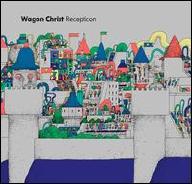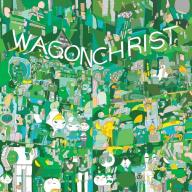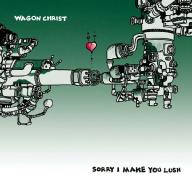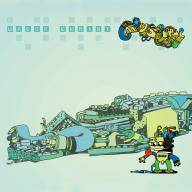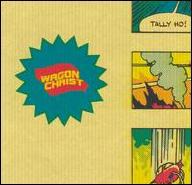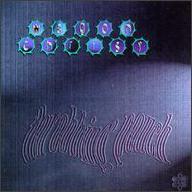Luke Vibert was raised in Cornwall, where he attended school with several friends who would later release music on the Aphex Twin-founded Rephlex label. Although Vibert's first musical experiences included punk group Five Minute Fashion and a Beastie Boys knockoff band called the Hate Brothers, he quickly moved into the low-cost environment of solo bedroom composition. He became involved in electronic music through his passion for hip-hop (he has commented that hip-hop is the only music style he really keeps up with), as well as the environment of bedroom experimentalism associated with the swelling late-'80s U.K. dance scene. Collaborating with former schoolmate Jeremy Simmonds as Vibert/Simmonds, he released the abrasive, acidic Weirs on Rephlex in 1993 before coming to the attention of Caspar Pound's Rising High label. As a result of the growing exchange value of the style, RH commissioned an ambient album from Vibert, who, despite never having heard much ambient, delivered the well-received Phat Lab. Nightmare under the Wagon Christ name in 1994. A pair of more beat-heavy EPs, At Atmos and Sunset Boulevard, appeared the same year, preceding the 1995 full-length Throbbing Pouch, a collection of minimal, funky, off-kilter hip-hop. The similar Rissalecki EP was released around the same time, followed by the more drum'n'bass-leaning Redone, which included an Aphex Twin remix. Vibert further explored this direction with his acclaimed work as Plug, which pioneered the drill'n'bass subgenre. Wagon Christ's London Is a Country, a glow-in-the-dark 11" single, was released by Electro Bunker Cologne in 1996.
Wagon Christ signed to Virgin/Astralwerks in 1998, releasing the four-song EP The Power of Love and the single Lovely in advance of the full-length Tally Ho!, a mixture of laid-back grooves and whimsical breakbeat experiments. Under his own name, Vibert toured and recorded with legendary steel guitarist B.J. Cole, producing the early-2000 release Stop the Panic. Wagon Christ then formed an alliance with natural home Ninja Tune, releasing the EP Receiver and full-length Musipal in early 2001, with the acid/jungle fusion EP Ataride arriving in July. Sorry I Make You Lush and the accompanying Shadows EP both appeared in 2004. After exploring different styles under different guises (hardcore jungle as Amen Andrews, electro-disco as Kerrier District, acid under his own name), Vibert returned to Ninja Tune for the release of Wagon Christ's sixth album, Toomorrow, in 2011. Most of his work throughout the remainder of the decade was credited to his birth name, but a Wagon Christ full-length titled Recepticon appeared on the People of Rhythm label in 2020. ~ Sean Cooper & Paul Simpson, Rovi
|
1
|
|
Saddic Gladdic |
|
2
|
|
Shadows |
|
3
|
|
Bend Over |


